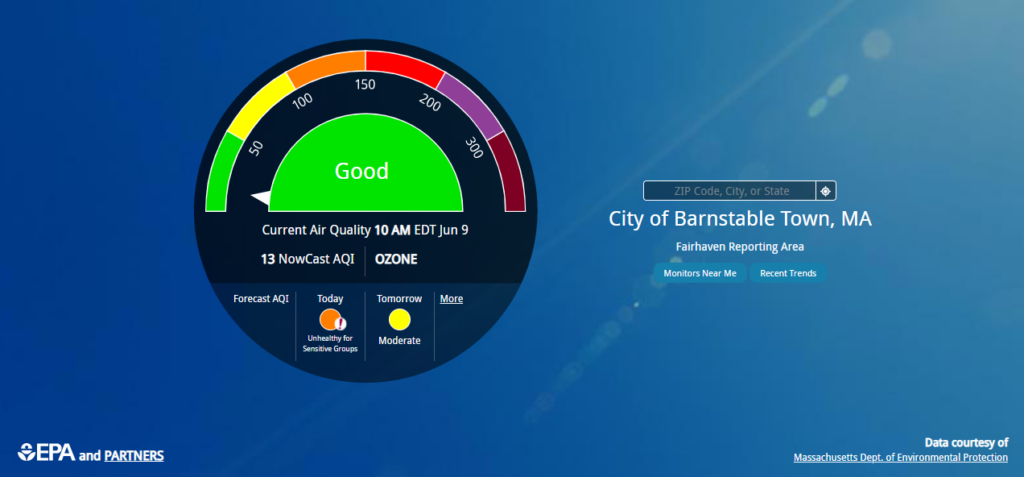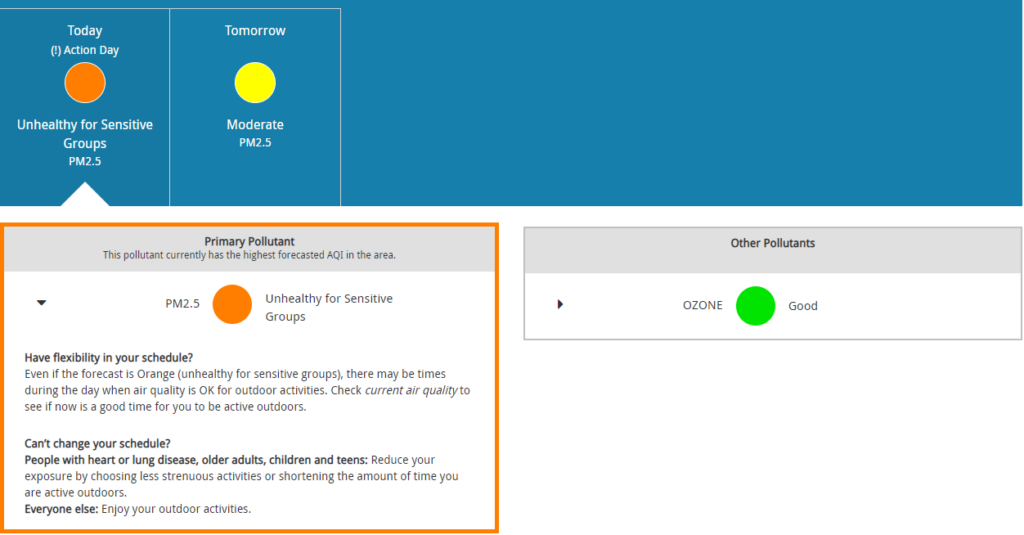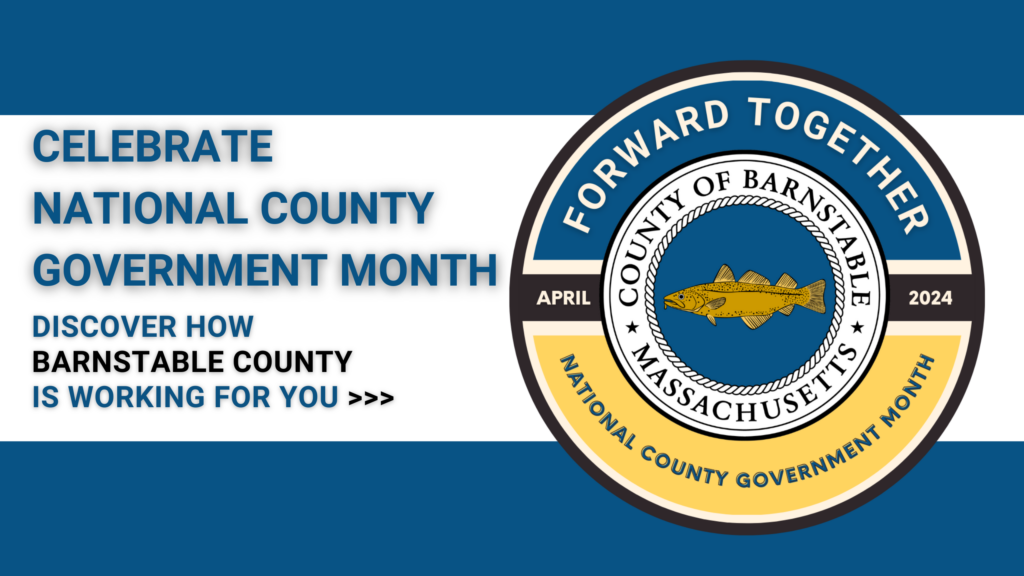
Poor Air Quality Resulting from Canadian Wildfires Impacts New England: What You Should Know
Large, widespread wildfires, like the ones currently burning in Canada, can cause poor air quality across hundreds, and sometimes even thousands, of miles. Particulate matter from smoke is carried along air currents, polluting the air and putting people at risk for experiencing the symptoms listed here:
- Coughing
- Trouble Breathing
- Wheezing
- Asthma attacks
- Stinging eyes
- Scratchy Throat
- Runny nose
- Irritated sinuses
- Headaches
- Tiredness
- Chest pain
- Fast Heartbeat
Degraded air quality from wildfire smoke can make anyone sick, but people with respiratory conditions such asthma, Chronic Obstructive Pulmonary Disease (COPD), or heart disease are especially at risk.
The website www.airnow.gov is an excellent resource for checking air quality in your area so that you can act accordingly to protect your health and your family’s health. Simply enter your zipcode to know your current air quality and air quality forecast.


Remember, smoke levels can change a lot during the day, so before you head outside to exercise or recreate, be sure to check the air quality. Below are some tips for reducing exposure outdoors when the air quality is less than ideal:
- Take it easier! Take it easy during smoky times to reduce how much smoke you inhale. If it looks or smells hazy or smoky outside, avoid strenuous activities such as mowing the lawn or going for a run.
- Choose a mask that will help protect you from poor air quality conditions. It is important to know that cloth or surgical masks will not protect you from air pollution caused by wildfire smoke. N95 respirator masks are the most protective.
- Reschedule outdoor tasks until air quality improves. If outdoor tasks cannot be rescheduled and must be conducted when air quality is poor, it is recommended that individuals limit time outdoors by only performing essential activities, taking frequent breaks indoors where the air is clean, and wearing an N95 respirator masks. KN95 respirator masks are preferable if you do not have an N95 mask on hand.
While Cape Cod’s air quality resulting from the Canadian wildfires is expected to improve throughout the weekend, it’s important to be aware of the current air quality and air quality forecast moving forward.
Resources
To learn more about air quality and pollution caused by wildfire smoke, please refer to the list of resources below:
When Smoke is in the Air | AirNow.gov
Reduce Your Smoke Exposure (airnow.gov)
Protect Yourself from Wildfire Smoke | Air | CDC



